Why Are Top Russian Military Officials Being Arrested?
Last month, the arrest of a Russian deputy defense minister marked the beginning of a series of high-profile detentions. This was followed by the head of the ministry’s personnel directorate being brought to court.
This week, two additional senior military officials were detained, all on charges of corruption, which they deny. These arrests commenced just before President Vladimir Putin began his fifth term and reassigned his long-time ally, Defense Minister Sergei Shoigu, to a new role.
How Corrupt Is Russia?
This development sparked speculation about whether Putin was reasserting control over the Defense Ministry amidst the ongoing war in Ukraine, if there was an internal power struggle between the military and security services, or if another scenario was unfolding behind the scenes at the Kremlin.
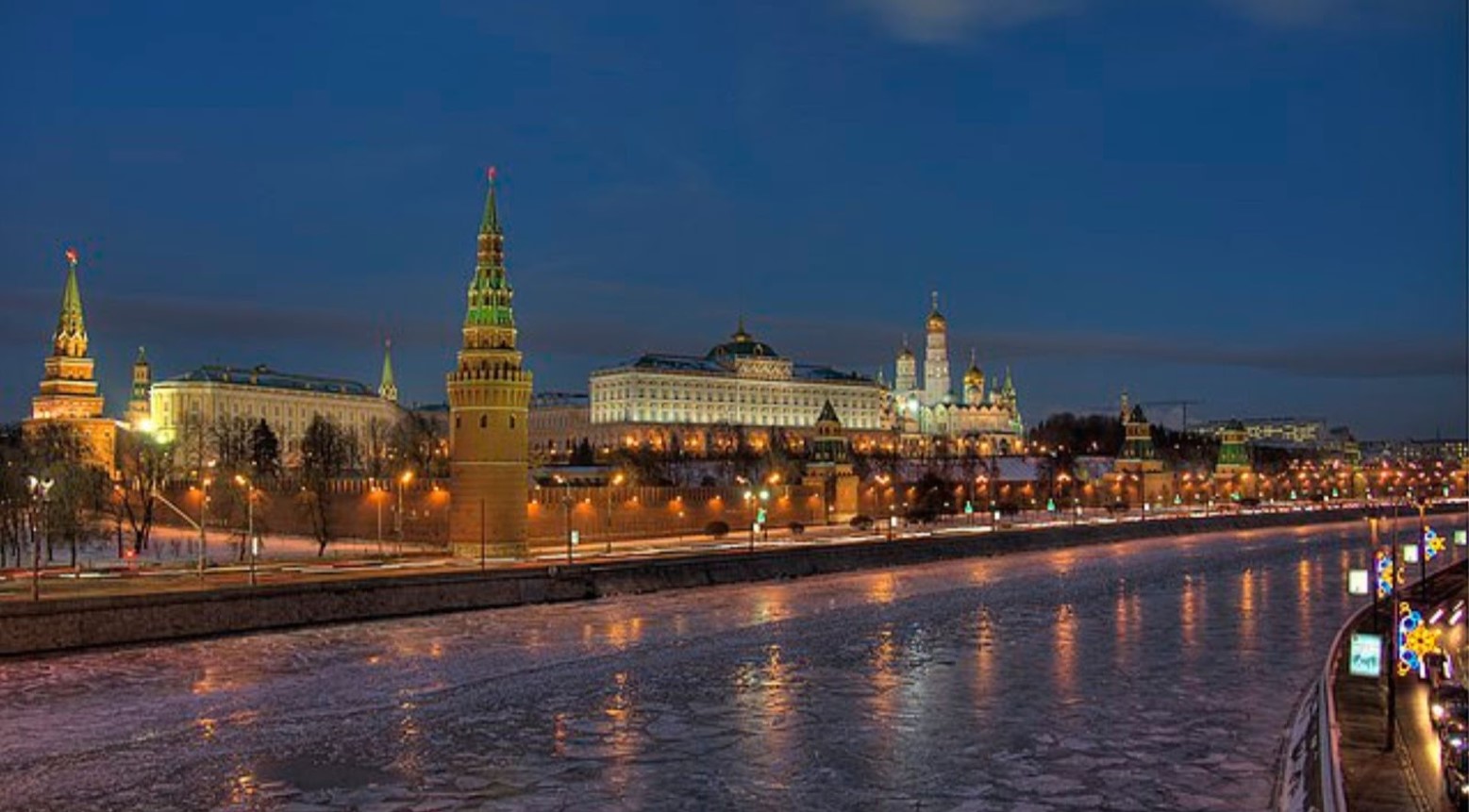
Source: Pavel Kazachkov/Wikimedia Commons
Corruption scandals have long plagued Russia, with officials and top leaders frequently accused of exploiting their positions for personal gain. Corruption in Russia serves as both an incentive and a control mechanism. It encourages loyalty and ensures conformity, according to Sam Greene, director of Democratic Resilience at the Center for European Policy Analysis.
Corruption “Essence Of The System”
Putin prefers everyone to have “a skeleton in their closet,” noted security expert Mark Galeotti on a recent podcast. If the state holds compromising material on key officials, it can selectively target individuals, he explained.
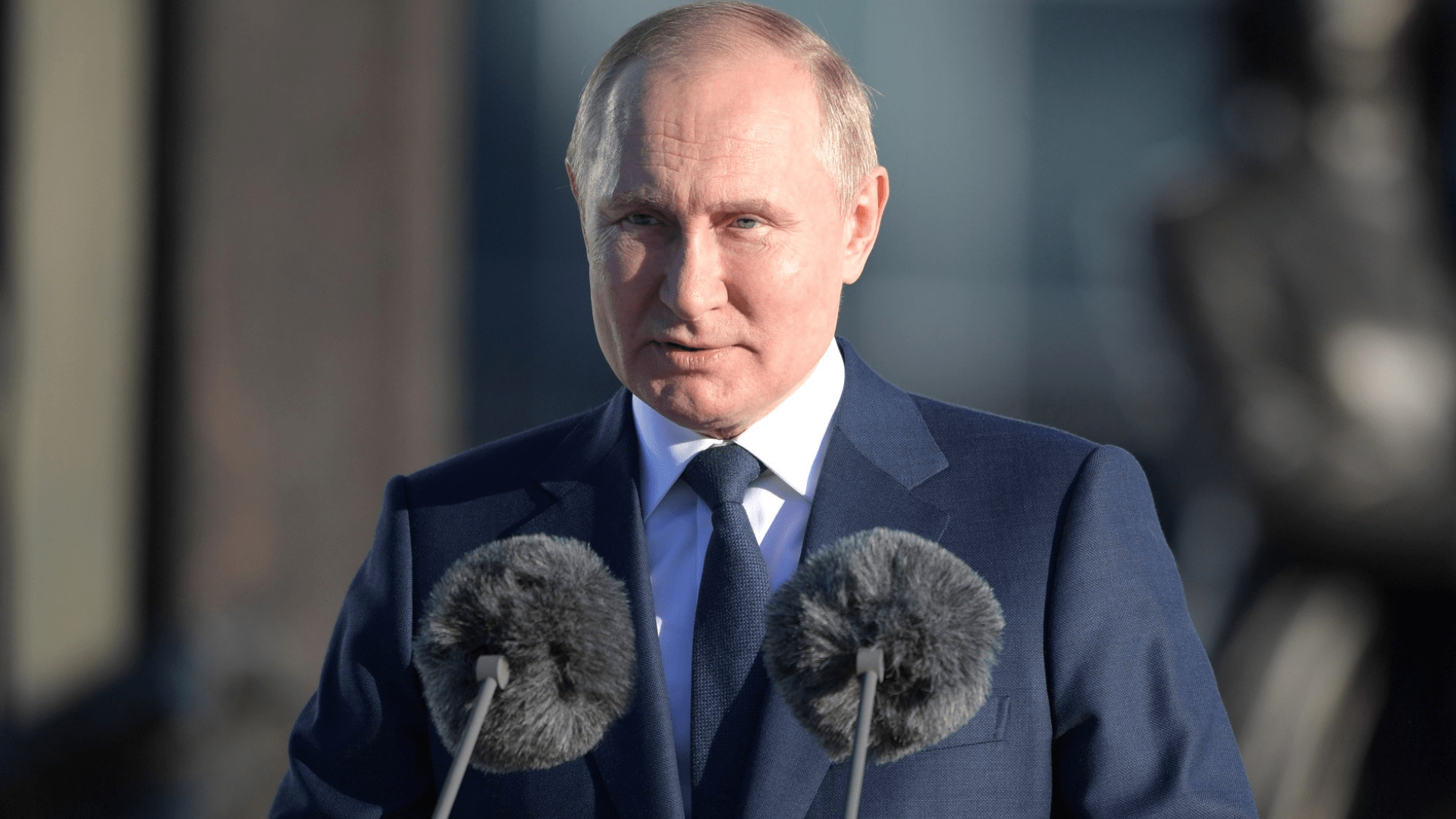
kremlin.ru/Wikimedia Commons
Corruption, as Nigel Gould-Davies of the International Institute for Strategic Studies in London stated, “is the essence of the system.” The war in Ukraine has significantly increased defense spending, creating more opportunities for graft.
Who Was Arrested?
Former Deputy Defense Minister Timur Ivanov, arrested in April, was the highest-ranking official detained so far. He managed large military construction projects, including the rebuilding of Mariupol, a city destroyed in Ukraine, giving him access to substantial funds. The team of the late opposition leader Alexei Navalny accused Ivanov and his family of owning luxury real estate and enjoying extravagant parties and trips abroad, even after the invasion. They also claimed Ivanov’s wife, Svetlana, divorced him in 2022 to avoid sanctions while maintaining her lavish lifestyle.
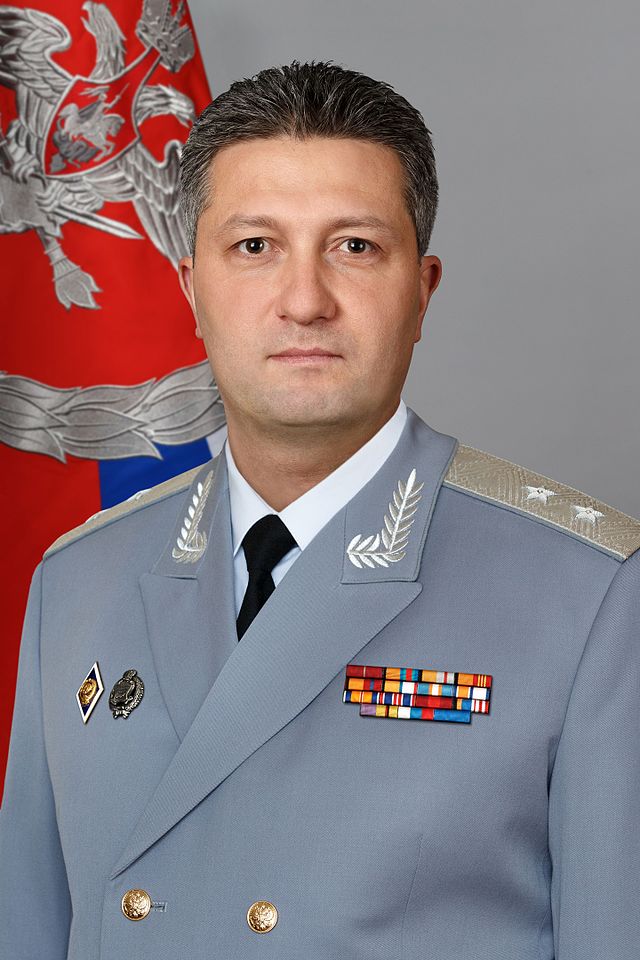
Source: Wikimedia
Putin’s spokesman Dmitry Peskov insisted the recent arrests are not part of an anti-corruption campaign but rather reflect ongoing activities in “all government bodies.” An embarrassing episode from 2022 involving Peskov and Ivanov at a birthday party for Ivanov’s ex-wife, where Peskov wore a watch estimated to cost $85,000, was shared by Navalny’s team.
Ivanov Accepted A Large Bribe
In April, Russia’s Investigative Committee accused Ivanov of accepting a large bribe, a crime that could result in up to 15 years in prison.
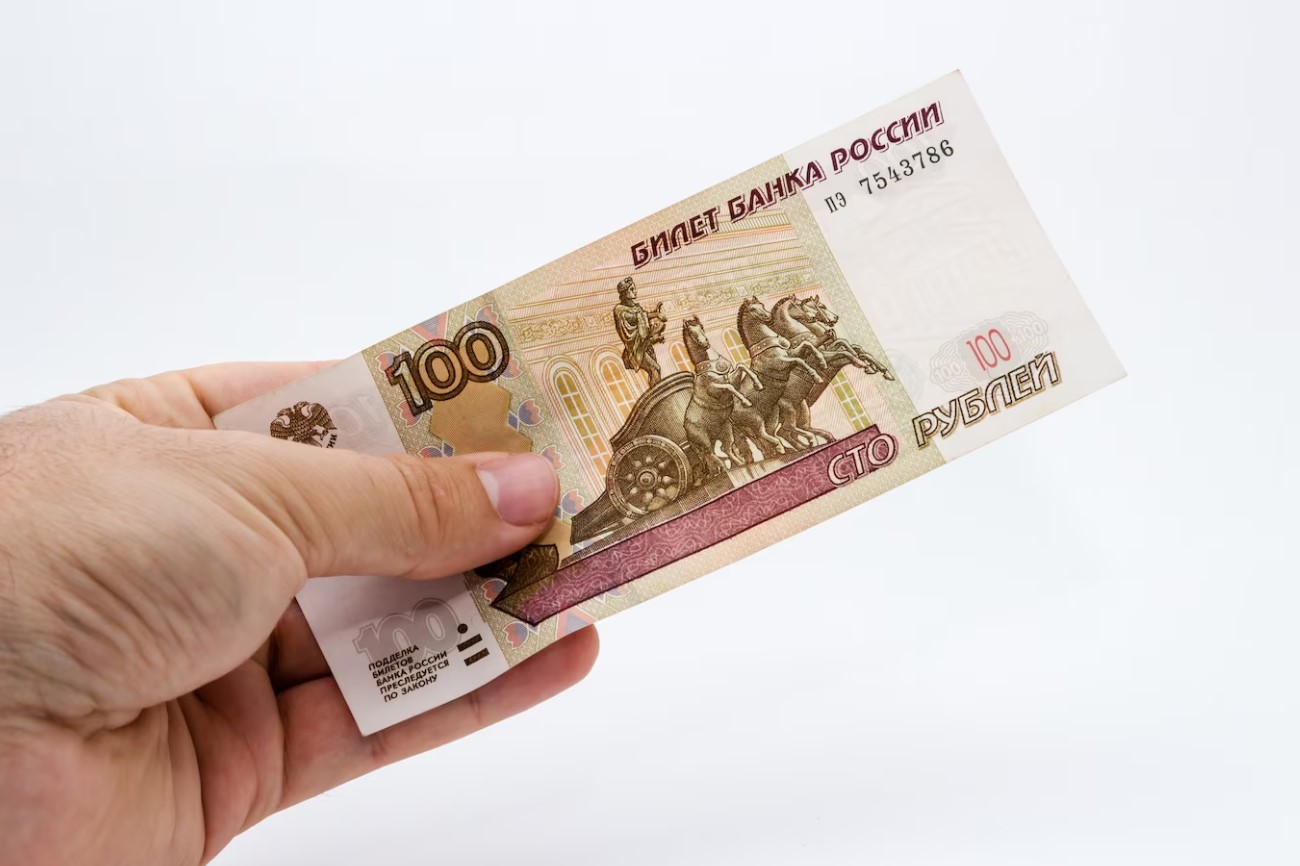
Source: Wirestock, Freekpik
Other arrests on bribery charges followed, including Lt. Gen. Yury Kuznetsov, head of the Defense Ministry’s personnel directorate; Maj. Gen. Ivan Popov, a former top commander in Ukraine; and Lt. Gen. Vadim Shamarin, deputy chief of the military general staff
More Officials Charged
A fifth official, Vladimir Verteletsky from the defense procurement department, was arrested on charges of abuse of office, causing damages worth over 70 million rubles (about $776,000).
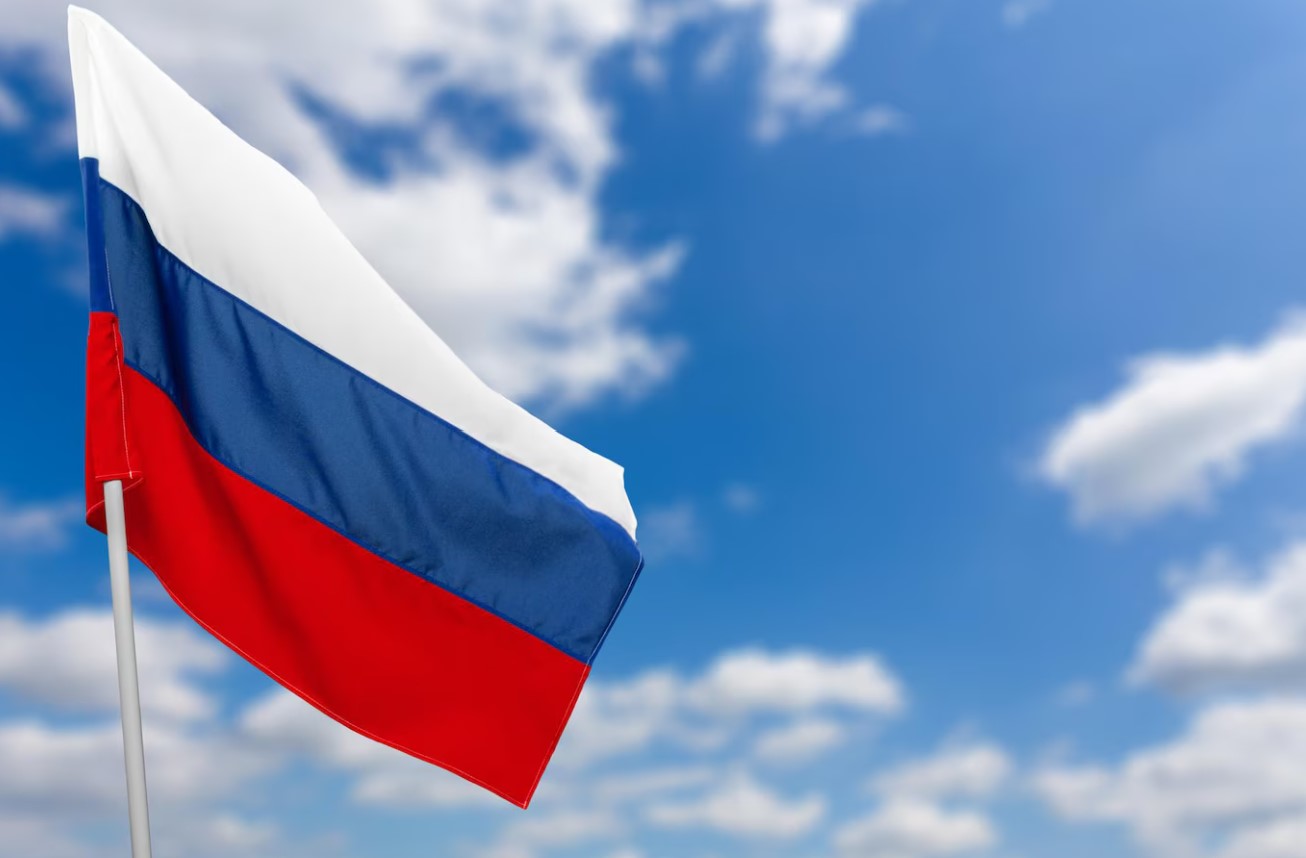
Source: fabrikasmif, Freepik
Additionally, Vladimir Telayev, deputy head of the federal prison service for the Moscow region, was detained on charges of large-scale bribery
Why Is This Happening Now?
Richard Connolly from the Royal United Services Institute in London suggested these arrests indicate that severe corruption within the Defense Ministry will no longer be tolerated.

Source: Pinterest.com
Following his inauguration, Putin replaced Shoigu with Andrei Belousov, an economist, as defense minister. Peskov stated Russia’s growing defense budget must align with the broader economy.
Russia Needs To Manage Increased Spending
Russia’s defense budget is now 6.7% of its GDP, a level not seen since the Soviet era, Peskov noted. This increased spending needs to be managed wisely, Connolly explained.
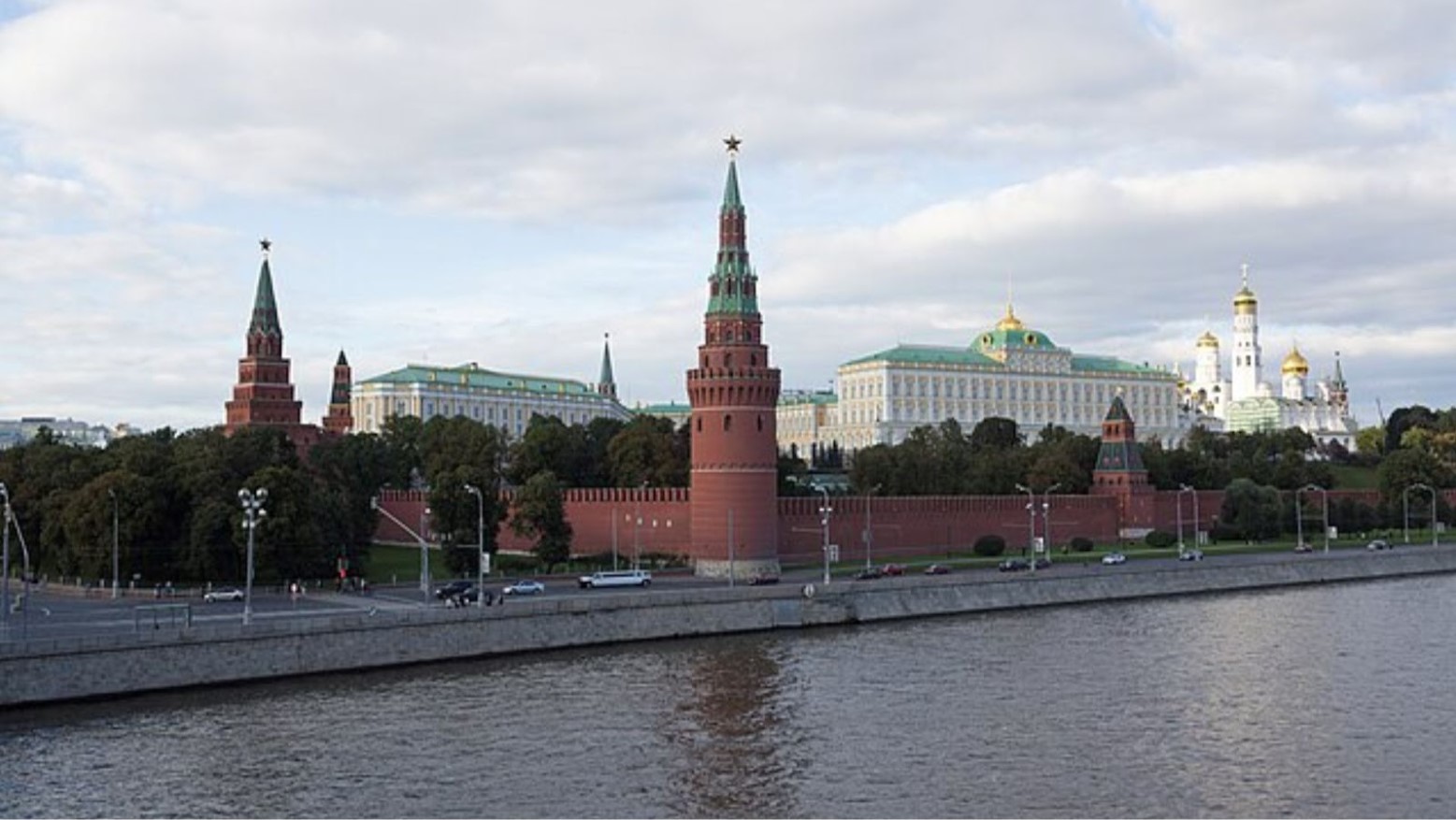
Source: Vyacheslav Argenberg/Wikimedia Commons
Before his death in a mysterious plane crash, mercenary leader Yevgeny Prigozhin had criticized the military leadership for mismanaging the war and withholding supplies from his forces. Belousov’s appointment reflects the Kremlin’s grudging recognition of these issues, according to Gould-Davies.
Finding A Balance Between War Efforts And Corruption Costs
Efficient war management is crucial as Russia’s economy heavily relies on it. Rising defense sector salaries have caused inflation but allowed Putin to fulfil promises to improve living standards. Greene emphasized that the government must balance sustaining the war effort and controlling corruption costs.
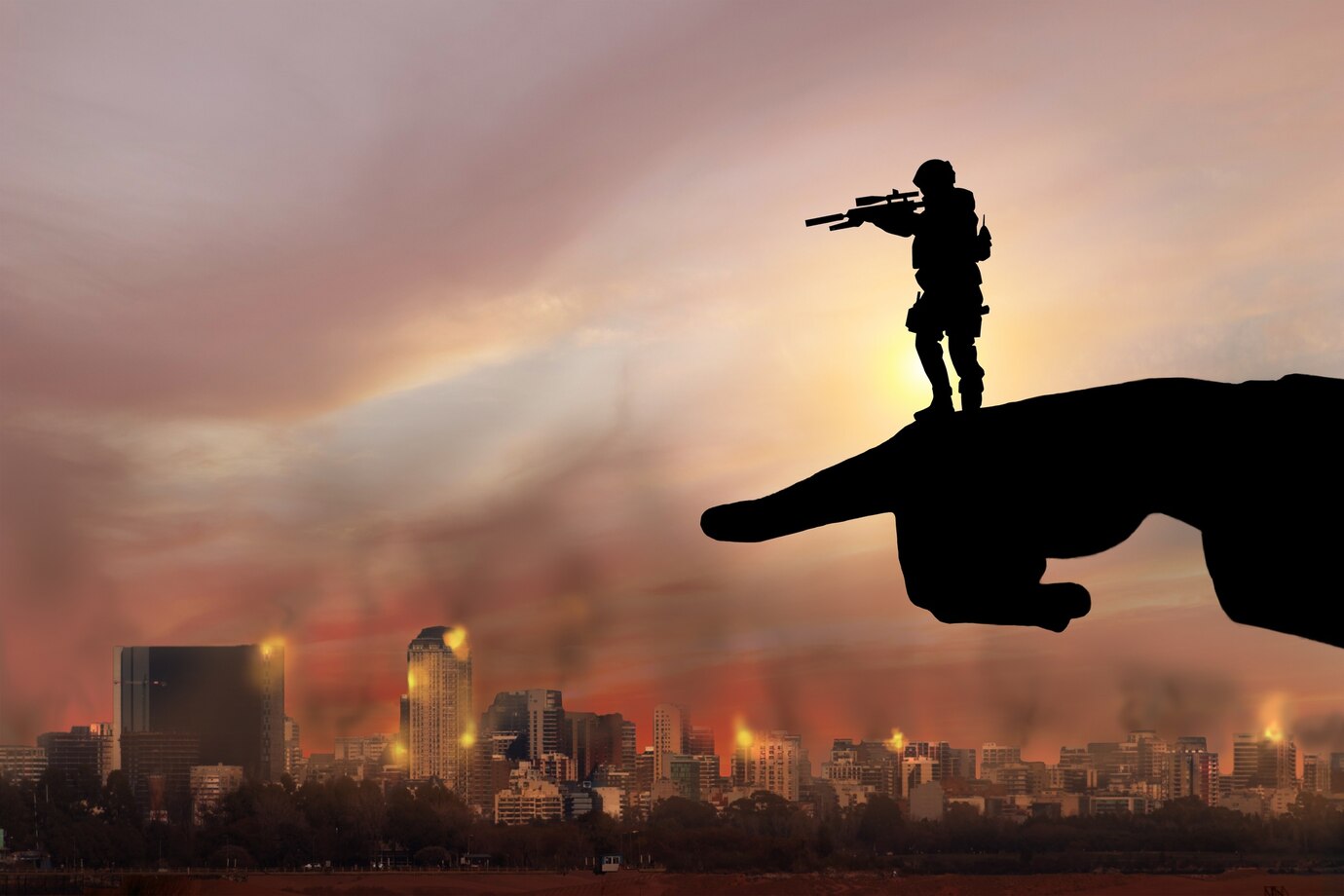
Source: Freepik
Connolly speculated that Belousov might be purging his predecessor’s allies and signaling a change in how things will be done. Other personnel changes include Deputy Defense Minister Yuri Sadovenko being replaced by Oleg Saveliev, a former aide to Belousov, and former Shoigu spokesperson Rossiyana Markovskaya moving to a new job. Popov’s situation may differ as he was suspended in July 2023 for criticizing Defense Ministry leadership, similar to Prigozhin, and may now be facing repercussions for that dissent.
Could This Be A Turf Battle?
It’s unclear if the Kremlin or Russia’s security services, particularly the FSB, are driving these arrests. Officials far from Putin might be caught in an internal power struggle unrelated to the new defense minister’s appointment.
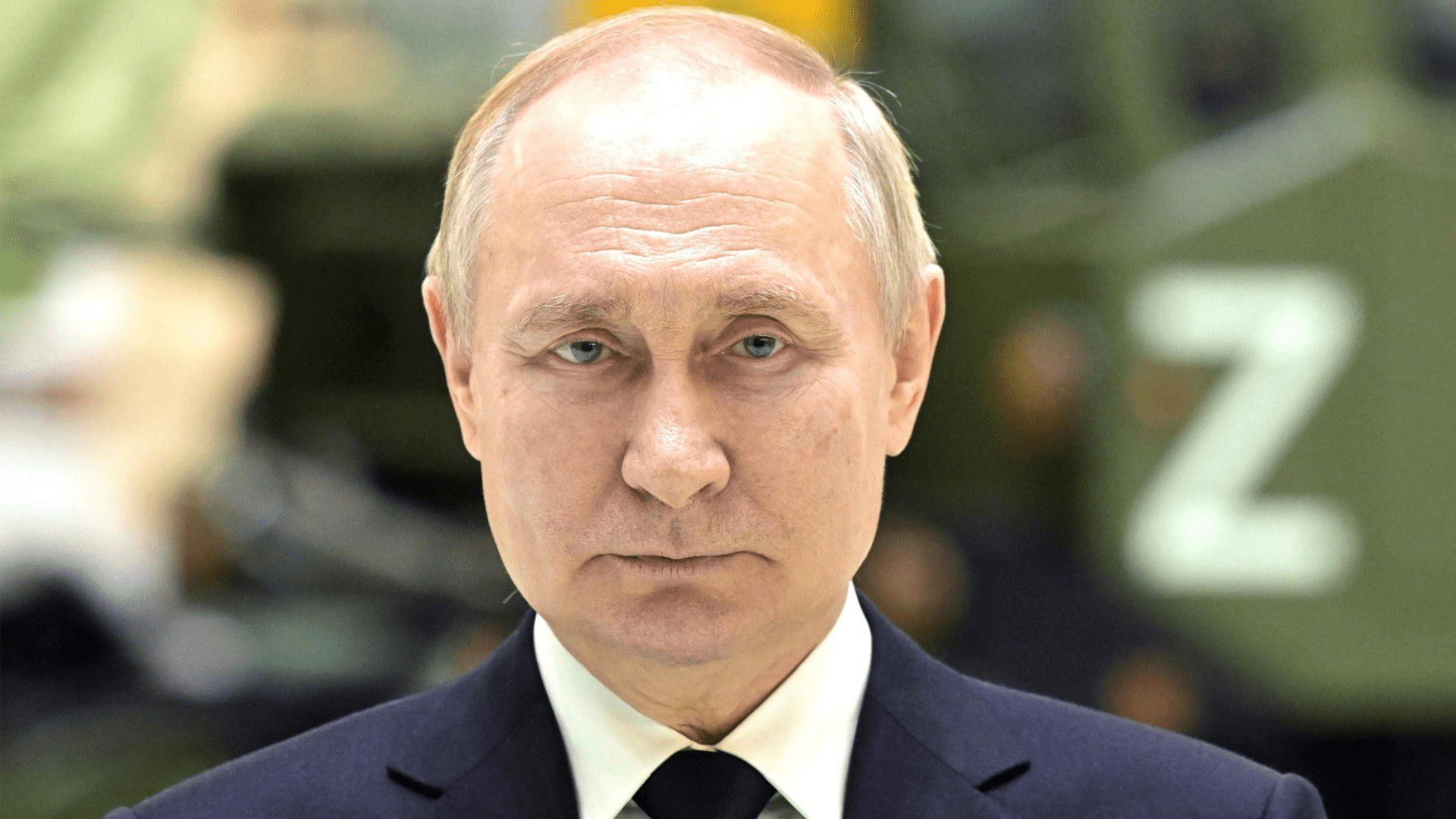
kremlin.ru/Wikimedia Commons
The security services might be attempting to counter the military’s dominance since Putin’s 2022 invasion of Ukraine, Greene suggested. Although the Kremlin denies any purge, Greene remarked, “if Putin didn’t want it to happen, it wouldn’t be happening.” With the war in Ukraine favoring Russia, Putin might feel empowered to purge the Defense Ministry or allow the security services to assert dominance.
What Will Happen Next?
Connolly anticipates more arrests as the new defense minister aims to demonstrate the consequences of corruption. Greene added that ambitious investigators might see prosecuting a general as a career opportunity.

Source: onlyyouqj, Freepik
Given the pervasive corruption, these arrests could induce panic within the system. If previously tolerated behavior is now punished, it could shift “red lines,” Greene noted.
Possible Collapse Of The System
If the arrests extend beyond the Defense Ministry, it might lead to finger-pointing and officials to “rush for the exits”, a scenario the Kremlin seeks to avoid.

Source: asierromero, Freepik
Attacking the corruption system too aggressively could cause it to collapse, Greene warned.
